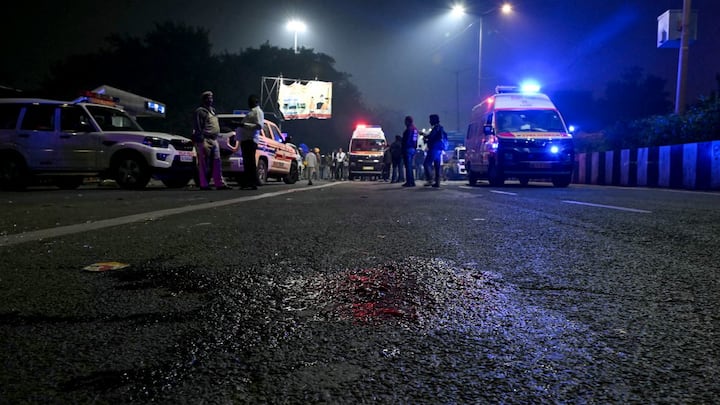
How ‘white-collar terrorism’ is not a new phenomenon
White-collar terrorism in India, particularly in Kashmir, is not new but has evolved, involving highly educated professionals and intellectuals. Historically, leaders of groups like JKLF, Hizbul Mujahideen, and Jaish-e-Mohammad were urban, English-speaking, and educated, mirroring global trends in terrorism. Today, radicalised doctors, engineers, and students act as Over Ground Workers (OGWs) and hybrid militants, skilled in explosives, cyber operations, and propaganda. Pakistan-backed networks exploit educational institutions, online platforms, and ideological indoctrination to recruit youth. With Islamist extremism spreading beyond Kashmir, India faces a growing internal security threat, demanding comprehensive, modern counterterrorism strategies to address highly trained and educated jihadis.